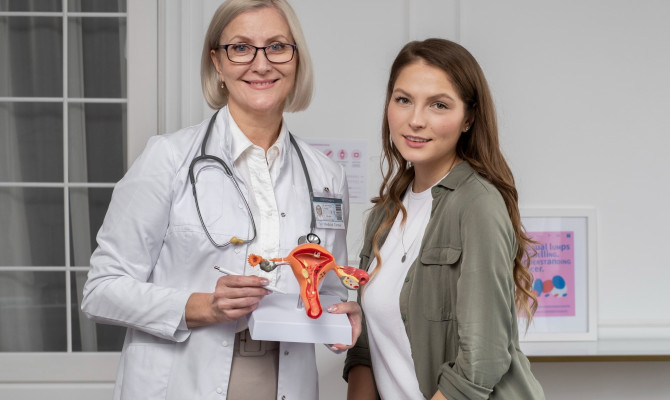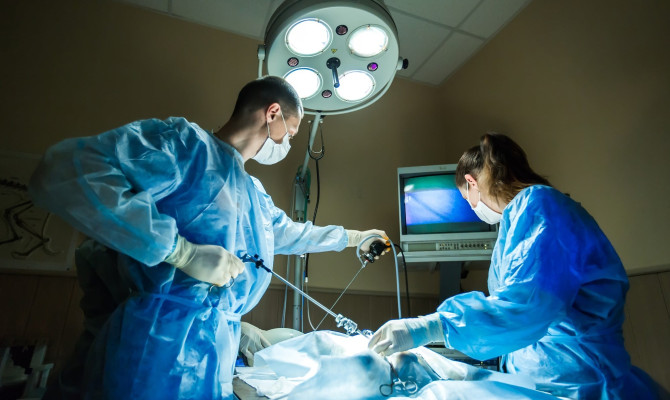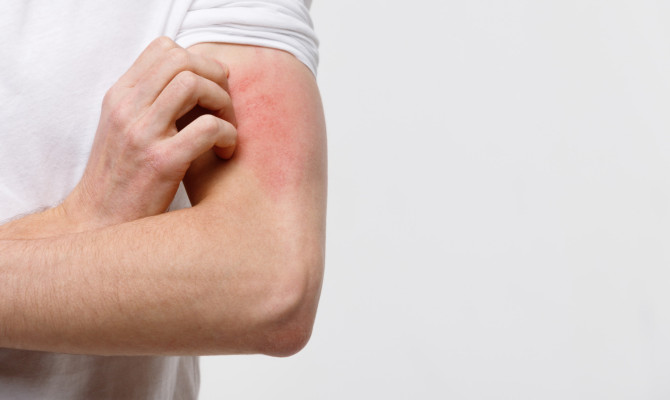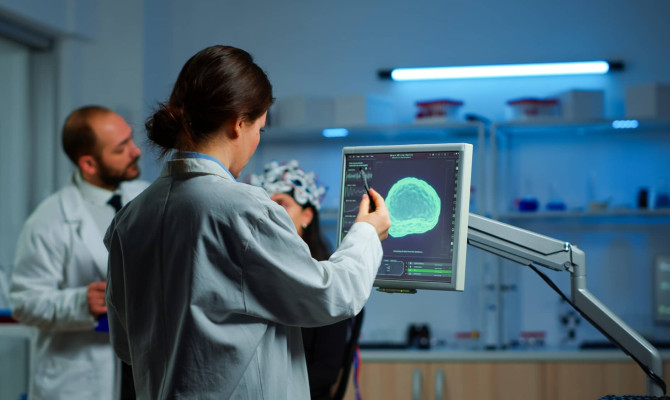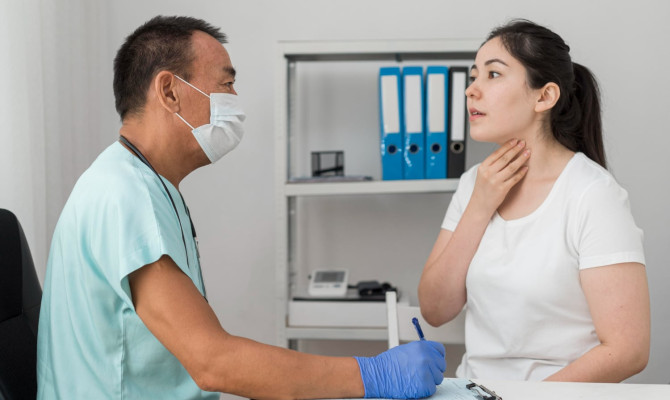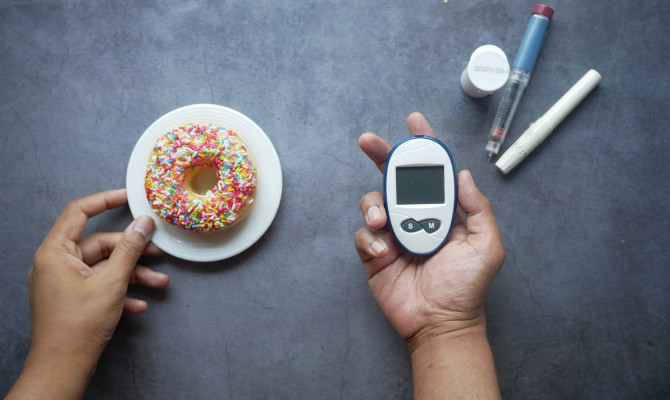Hypotension : Causes, Symptoms, and Management

- Hypotension
- 22 Aug 2023
Overview
What is Hypotension?
Hypotension is described as reduced systemic blood pressure below normal limits. Although there is no universally agreed-upon definition of hypotension, blood pressures below 90/60 are considered to be in that range. Hypotension is a relatively harmless illness that often goes undiagnosed since its symptoms are mild or nonexistent. Once the pumping pressure is inadequate to supply oxygenated blood to vital organs, then it becomes a problem.1Overview| Researched based study from Nlm.nih.gov
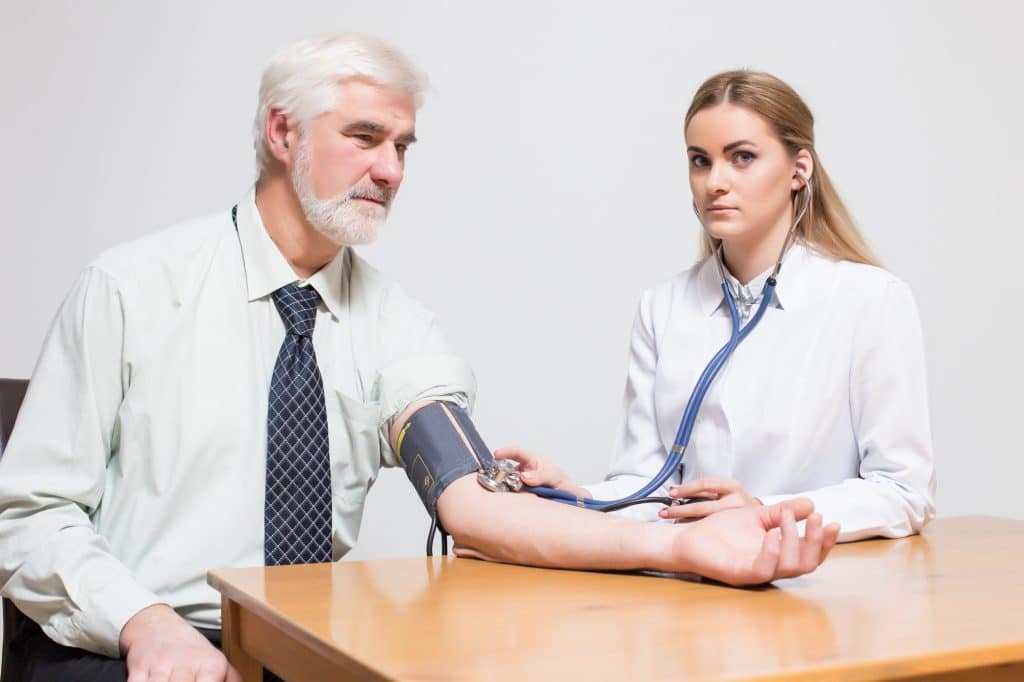
Causes
Causes of hypotension
Individual differences in blood pressure are common. Some people experience problems with even a 20 mmHg decline. The symptoms and causes of hypotension vary:2Causes| Researched based study from Nhs.uk,3Causes| Researched based study from Medlineplus.gov,4Causes| Researched based study from Nhsinform.scot
- A strong allergic reaction (anaphylaxis), a heart attack, or a quick decrease in blood volume (shock) are all potential causes of hypotension.
- Septic shock occurs when germs spread from an infected place (often the lungs, abdomen, or urinary system) into the rest of the body. When the bacteria secrete toxins into the bloodstream, they cause a dangerous drop in blood pressure.
- Disorders of the endocrine system like hypothyroidism (an underactive thyroid), parathyroid illness, adrenal insufficiency (Addison’s disease), hypoglycemia, and occasionally diabetes.
- As with alcohol, long-term alcohol abuse can lead to high blood pressure, yet drinking in moderation can temporarily reduce blood pressure. Some vitamins, herbal substitutes, and home therapies can help control high blood pressure despite the fact that they are not drugs. That’s why it’s important to always provide these details when reviewing your prescription schedule with your medical examiner.
- Drugs used to relieve anxiety have been shown to be useful in reducing blood pressure in people with severe hypertension. Therefore, patients with high hypertension who do not have acute damage to target organs may benefit from treatment with anxiolytics.
- Antidepressants are associated with an elevated risk of high blood pressure, low blood pressure, and orthostatic hypotension.
- Diuretics can lead to orthostatic hypotension and even cardiovascular collapse if used in excess or by people who are more likely to experience volume depletion due to age, weak sympathetic reflexes, or a low sodium intake.
- Treatments for heart conditions like high blood pressure and coronary artery disease
- Opioid analgesics like morphine, buprenorphine, fentanyl, oxycodone, and tapentadol are known to cause low blood pressure, dizziness, and fainting as side effects. Oxycodone and other opioids can lead to orthostatic hypotension and bradycardia.
Causal agents of low blood pressure can also include
- Heart rhythm disturbances (arrhythmias).
- Dehydration results from not taking in enough liquids.
- Heart failure
Low blood pressure may also result from other factors, including
- Getting older: your arteries may harden naturally as you age. Your blood pressure can decrease significantly when you stand up if they don’t contract (become smaller).
- Pregnancy: It’s usual for blood pressure to drop in the first half of pregnancy and again in the second.
- Reduced movement and total nervous system activity during prolonged bed rest raise the risk of hypotension.
- When you lose a lot of fluid and salt from puking and diarrhea, your blood volume decreases, which can lead to a decline in your blood pressure.
- Low blood pressure has been linked to genetics in several studies. You might get it from your parents if they have low blood pressure.
Types
Types of hypotension
Among the many forms of hypotension are:1Types| Researched based study from Nlm.nih.gov
Postural hypotension, also known as orthostatic hypotension
- This condition is described by a dip in blood pressure that occurs suddenly upon rising from a sitting or lying down position.
- Dehydration, extended bed rest, gestation, several medical problems, and specific drugs are all potential causes. This form of hypotension is quite prevalent in the elderly population.
Postprandial hypotension
- Between an hour to two after consuming a meal, blood pressure usually declines.1Types| Researched based study from Nlm.nih.gov
- Older persons, especially those with high blood pressure or disorders of the autonomic nervous system like Parkinson’s disease, are at increased risk.
- It’s possible that taking it easy on the carbs, upping your water intake, and cutting out the booze will help alleviate your symptoms.
Neurally mediated hypotension
- This is a reduction in blood pressure due to extended periods of standing1Types| Researched based study from Nlm.nih.gov
- Children and younger adults are more affected by this type of hypotension as compared to older adults. A possible cause is poor heart-to-brain connection.
Multiple system atrophy with orthostatic hypotension
- This unusual condition impacts the neurological system, which is responsible for automatic processes including blood pressure, pulse rate, breathing, and digestion. Extremely high blood pressure is linked to lying down.1Types| Researched based study from Nlm.nih.gov
Symptoms
Symptoms of hypotension
Symptoms of hypotension may not always be present when BP is low on its own. There is no necessity to cure low blood pressure if no symptoms are present.
However, when blood pressure is too low, it may not be delivering enough oxygen and nutrients to the brain and other organs. The following symptoms may develop as a result:4Symptoms| Researched based study from Nhsinform.scot
- Dizziness
- Loss of awareness or fainting
- Light-headedness
- Arrhythmia
- Impaired vision and palpitations.
- Confusion
- feeling sick to one’s stomach (nausea).
- Overall bodily weakness
Complications
Complications of hypotension
- Untreated hypotension along with low cardiac output can have devastating consequences.
- Untreated hypotension is a leading cause of death in patients with shock or fulminant shock.
- Adequate and prompt fluid resuscitation is emphasized in current guidelines for the treatment of patients in shock or developing sepsis.1Complications| Researched based study from Nlm.nih.gov
Diagnosis
Diagnosis of hypotension
The doctor will check you very thoroughly to pinpoint the root of your hypotension. Your temperature, pulse rate, respiration rate, and blood pressure will be monitored often.3Diagnosis| Researched based study from Medlineplus.gov You could be looking at an extended hospital stay.
The provider will inquire about the following topics
- In a normal state, what is your blood pressure?
- What medications are you currently prescribed?
- Is your eating and drinking routine normal?
- Have you recently been hospitalized or injured?
- How about any additional symptoms?
- Were you dizzy or less aware when it happened?
- When you get up from lying down, do you feel dizzy or lightheaded?
Possible diagnostic procedures include
- Initial Metabolic Screening
- Infections can be detected with blood cultures.
- Differential blood count and complete blood count
- ECG, or electrocardiogram
- Urinalysis
- Abdominal X-ray
- CT Chest scan
Management
Management of hypotension
Dosage Adjustment
- If your doctor feels that a medicine you’re taking is causing low blood pressure, he or she may likely propose switching medications or adjusting your dosage.4Management| Researched based study from Nhsinform.scot
- Medications for Parkinson’s disease and hypertension are included in this category.
- Your doctor or nurse will monitor your blood pressure readings and note any fluctuations. Talk to your doctor if any of your medications are causing unwanted side effects.
If you have pre existing medical conditions
- Your primary care doctor may recommend you to the hospital for more testing and treatment if he or she feels that a disorder, including heart disease, adrenal gland failure, or a neurological disorder, is the root cause of your low blood pressure.
- Your doctor may give fludrocortisone to replace the hormone aldosterone if it is determined that adrenal gland dysfunction is the underlying cause of your low blood pressure.
- If your low blood pressure is the result of a nerve issue, it may be more challenging to cure. Medication to stimulate your neurological system may be given to you.
If your hypotension symptoms are due to dehydration
- Low blood pressure can be caused by dehydration, which occurs when the body loses water and salt.
- The condition is easily treated by consuming more fluids and salt. To combat hypotension, drink plenty of water (a minimum of eight glasses daily).
Increase salt intake
- If you have low blood pressure, you may be told to increase your salt intake, contrary to the customary advice given to those with high blood pressure.
- Your primary care physician can tell you if you need to take salt tablets or if you can just add salt to your regular diet.
Prevention
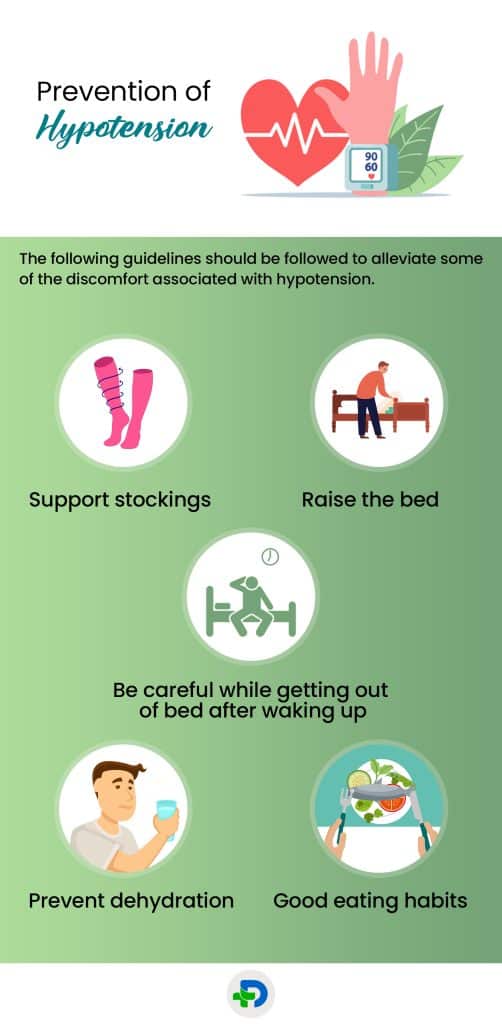
Prevention of hypotension
The following guidelines should be followed to alleviate some of the discomfort associated with hypotension.4Prevention| Researched based study from Nhsinform.scot
Be careful while getting out of bed after waking up
- You could also benefit from doing other physical activities that raise your heart rate and get the blood pumping.
- Some people like to stretch in bed before getting out of bed, while others like to cross and uncross their legs when seated before getting up.
- Getting up from a seated or reclined position with caution
Support stockings (compression stockings)
- These are elasticized tights or socks that fit extremely snugly. The added weight and strain on your feet, legs, and midsection will boost your blood pressure and circulation.
Raise the bed
- Raise the top of the bed with some more pillows, or just use more of them.
- Doing so will improve your circulation, making it less of a struggle to stand up and move around when you need to.
Prevent dehydration
- Dehydration can lead to low blood pressure, therefore it’s important to increase your fluid intake, restrict alcohol consumption and avoid caffeine late at night.
Good eating habits
- Avoid postprandial hypotension (low blood pressure after eating) by eating smaller, more frequent meals. You might also try lying down after you eat or just being still for a while.
Emergency
When should I consult with a doctor for hypotension
Passing out (becoming unconscious) due to low blood pressure requires immediate medical attention. If the victim is unresponsive and not breathing, CPR should be initiated.
If you experience any of the following signs, please contact your doctor immediately:5Emergency| Researched based study from Healthdirect.gov.au
- Stools in black or maroon
- Ache in the chest
- Feelings of faintness or dizziness
- Fainting
- Temperature more than 101 degrees Fahrenheit (38.3 degrees Celsius).
- Abnormal cardiac rhythm
- Problems breathing
When your blood pressure drops too low, suddenly, your body is deprived of oxygen. The result may be dysfunction in several organs, including the heart and brain. Severe complications can arise from delaying treatment of this form of low blood pressure.
Takeaway
Key Takeaways
- Many persons with hypotension don’t realize they have it because the ailment often produces no noticeable symptoms. For some, it might bring on symptoms that are unpleasant enough to make normal life difficult.
- It is crucial to receive a diagnosis and treatment for low blood pressure if you suspect you have it.
- Avoiding falls and other consequences might be aided by a correct diagnosis and treatment. Thankfully, there are effective treatments for this illness, and there are many things your doctor can teach you to manage the symptoms on your own.
Any feedback on this article?
 This Articles content was accurate
This Articles content was accurate Very Informative Article
Very Informative Article I have a question or a comment
I have a question or a comment
 This article contains inaccurate content
This article contains inaccurate content This article was not helpful
This article was not helpful I have a question or a comment
I have a question or a comment
We appreciate your helpful feedback!
Checkout our social pages
References
-
National Library of Medicine
Hypotension | Overview | Types | Complications
-
National Health Service
Low blood pressure (hypotension) | Causes
-
Medline Plus
Low blood pressure | Causes | Diagnosis
-
NHS Inform
Low blood pressure (hypotension) | Causes | Symptoms | Treatment
-
Healthdirect
Low blood pressure (hypotension) | Emergency












